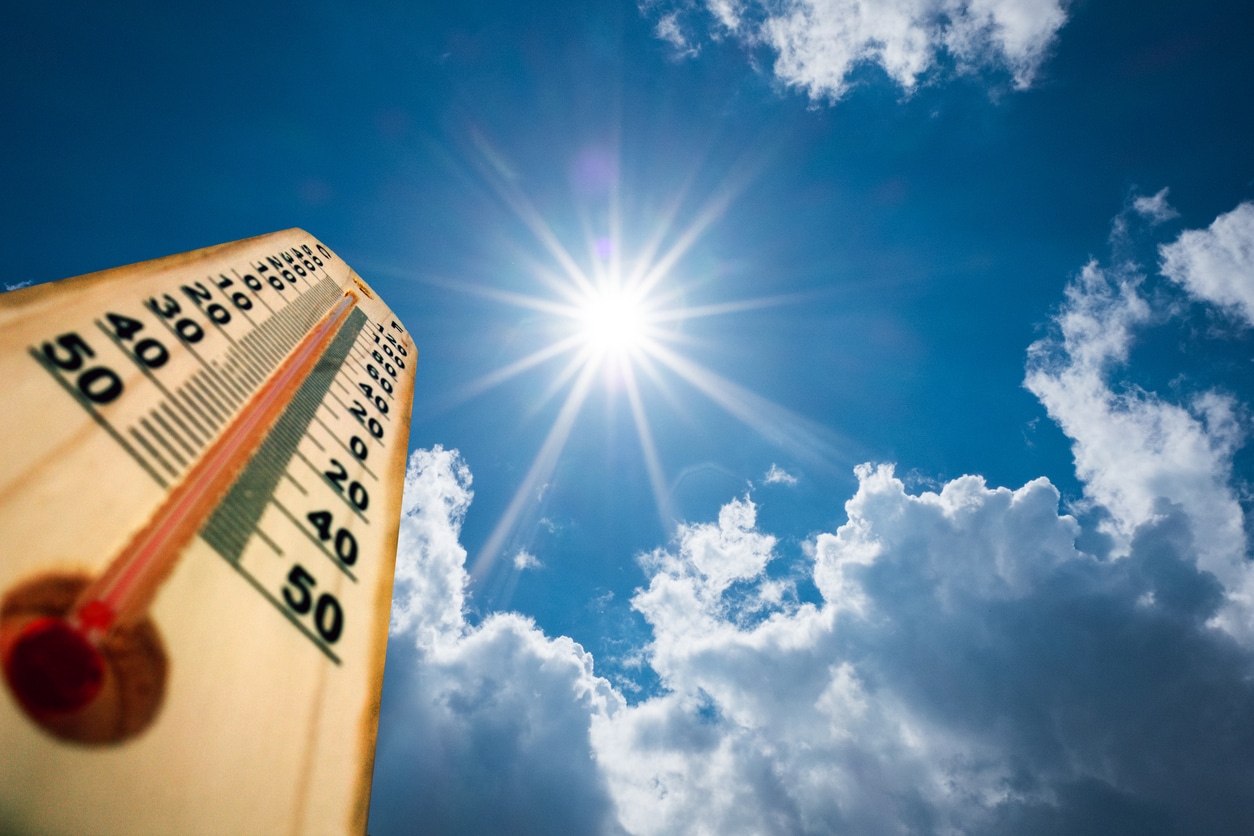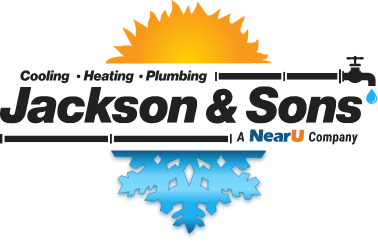
If cooling issues are to happen in your home, they’re most likely when your air conditioner’s pushed to its limit.
Most residential air conditioners are designed and engineered to produce adequate cooling up to 95 degrees outdoor temperature. Here in Eastern North Carolina, our average daily high temperature in the hottest months of July, and August is around 90 degrees. However, “average” means just that—on any given day, temps may spike above the 95-degree design limit of most A/C units.
Here are some cooling issues you may expect on those exceptional days:
The house isn’t as cool as usual.
Once outdoor temperatures reach the typical air conditioner’s design limit of 95 degrees, the system is already running at peak cooling output. At that point, you shouldn’t expect to maintain indoor temperatures below 78 to 80 degrees, no matter how low you set the thermostat. If outside heat climbs even higher, the difference between outdoor and indoor temperature will inevitably narrow even further.
System wear and tear increases.
Because the air conditioner runs longer cycles as cooling output reaches peak level, moving parts such as the system blower and compressor incur more wear. Expected service life of these critical components may be affected if hot spells are frequent. The air filter also traps more particulates, clogs sooner and requires more frequent replacement. The outdoor condenser coil may accumulate dirt and dust more rapidly than usual, too, due to increased airflow during extended cooling cycles. All system components will benefit from cleaning and preventive maintenance.
Operating costs rise.
Inevitably, the expense of keeping the house cool will be greater on days of peak output. During prolonged heat waves, your monthly electric bill could rise by as much as 50%, solely from increased A/C use. As everyone on the power grid runs the air conditioner longer and harder, the local utility may be unable to keep up with demand and outages may occur.
For professional advice and service to handle cooling issues during peak periods, contact Jackson & Sons.
Jackson & Sons, Inc.
Our goal is to help educate our customers in Eastern North Carolina (including Wayne, Johnston, Greene, Lenoir, Pitt and Duplin Counties) about energy and home comfort issues (specific to HVAC systems).
Credit/Copyright Attribution: “iStock_Batuhan Toker”

